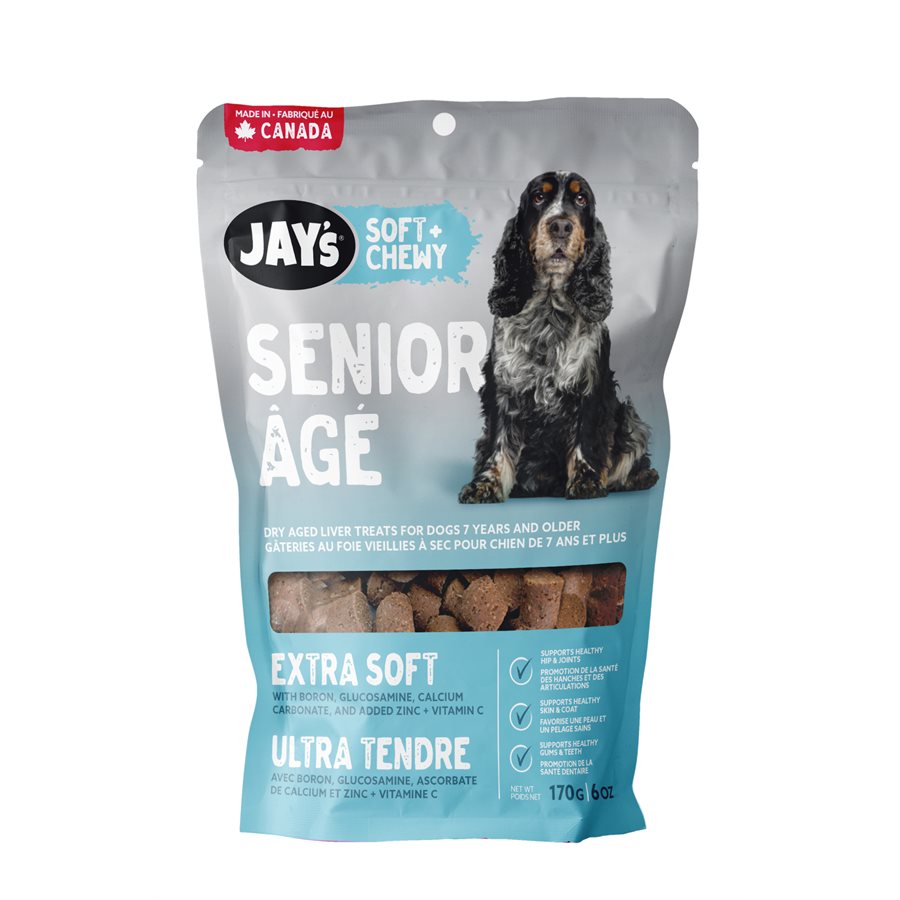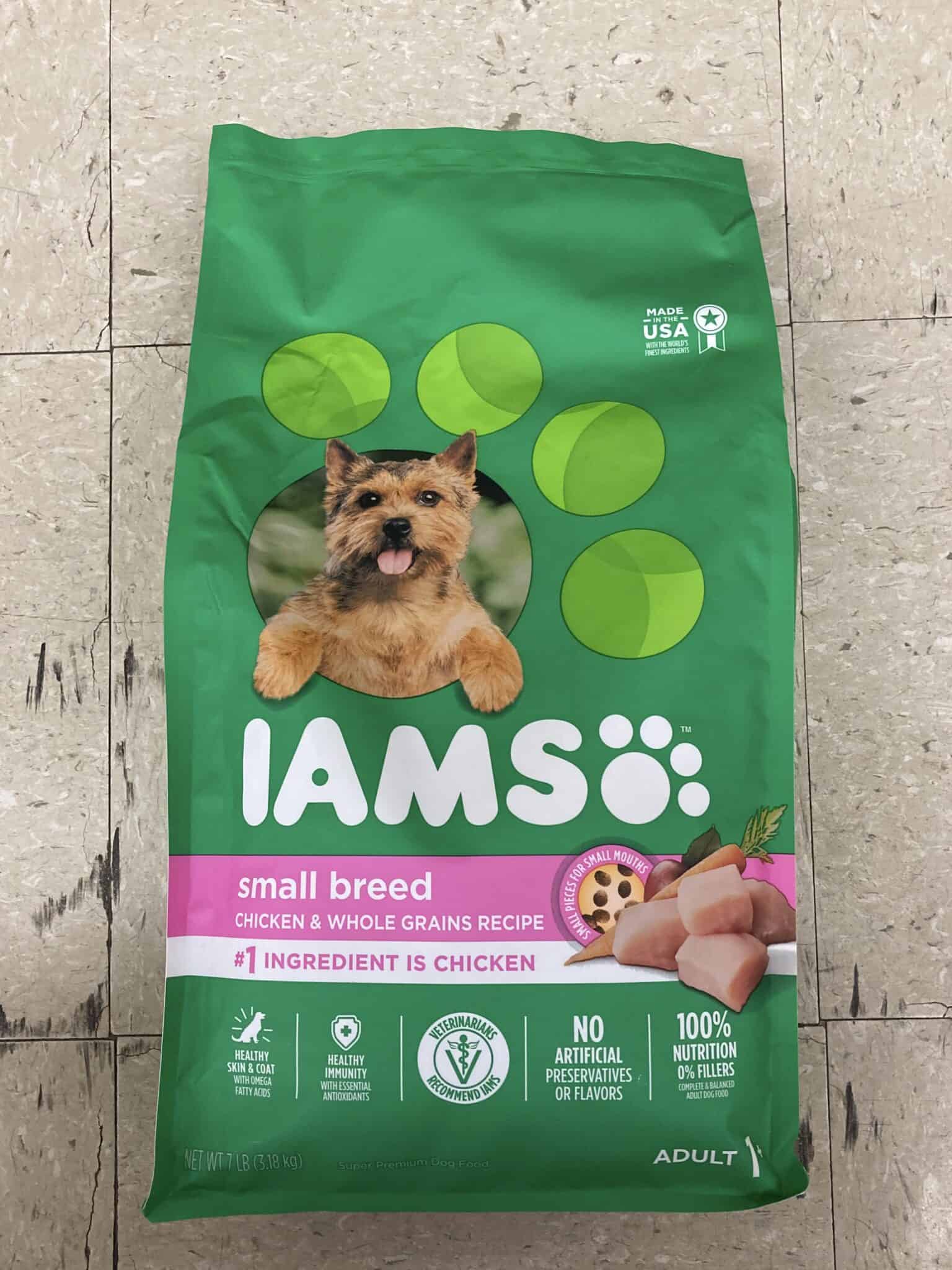
The Golden Years, Gentle Bites: Soft Senior Dog Food with Liver Support
As our canine companions gracefully age, their nutritional needs evolve. Just as we prioritize our health as we get older, we must also adapt our senior dogs’ diets to address the unique challenges they face. One critical area of concern for senior dogs is liver health, and fortunately, there’s a growing market of soft senior dog foods specifically formulated with liver support in mind. This article explores the benefits of these specialized diets, what to look for in a high-quality product, and how they can contribute to your senior dog’s overall well-being.
Understanding the Senior Dog’s Changing Needs
Senior dogs, typically defined as those seven years or older (though this varies by breed), experience a range of physiological changes that affect their dietary requirements. These changes include:
-
Slower Metabolism: Senior dogs tend to be less active, leading to a slower metabolism and a higher risk of weight gain.
-
Reduced Muscle Mass: Age-related muscle loss (sarcopenia) is common, impacting strength and mobility.
-
Dental Issues: Dental disease, tooth loss, and gum problems can make it difficult for senior dogs to chew hard kibble.
-
Digestive Sensitivities: The digestive system becomes less efficient, potentially leading to constipation, diarrhea, or nutrient malabsorption.
-
Weakened Immune System: The immune system’s ability to fight off infections and diseases declines.
-
Organ Function Decline: The liver and kidneys, crucial for detoxification and waste removal, may become less efficient.
The Liver’s Vital Role in Senior Dog Health
The liver is a remarkable organ responsible for hundreds of functions, including:
- Detoxification: Filtering toxins from the blood.
- Metabolism: Processing nutrients and converting them into usable energy.
- Storage: Storing vitamins, minerals, and glycogen (a form of glucose).
- Bile Production: Producing bile, which aids in fat digestion.
- Protein Synthesis: Creating proteins essential for blood clotting and other bodily functions.
As dogs age, the liver becomes more vulnerable to damage from toxins, medications, and age-related wear and tear. Liver disease in senior dogs can manifest in various ways, including:
- Lethargy: Reduced energy levels and increased sleepiness.
- Loss of Appetite: Decreased interest in food.
- Vomiting and Diarrhea: Digestive upset.
- Jaundice: Yellowing of the skin, eyes, and gums.
- Increased Thirst and Urination: Changes in drinking and urination habits.
- Abdominal Swelling: Fluid accumulation in the abdomen.
Why Soft Food is Ideal for Senior Dogs
Soft dog food offers several advantages for senior dogs:
- Easier to Chew: The soft texture is gentle on sensitive teeth and gums, making it easier for dogs with dental problems to eat comfortably.
- Hydration: Soft food often has a higher moisture content than dry kibble, which can help prevent dehydration, a common issue in senior dogs.
- Digestibility: The ingredients are often pre-cooked or processed to make them easier to digest, reducing the strain on the digestive system.
- Palatability: Many senior dogs experience a decline in their sense of smell and taste. Soft food tends to be more aromatic and flavorful, encouraging them to eat.
Key Ingredients for Liver Support in Senior Dog Food
When choosing a soft senior dog food with liver support, look for the following beneficial ingredients:
-
Milk Thistle (Silymarin): This herb is a potent antioxidant and anti-inflammatory agent that helps protect liver cells from damage and promotes liver regeneration.
-
SAMe (S-Adenosylmethionine): SAMe is a naturally occurring compound that supports liver function by promoting detoxification and reducing inflammation.
-
B Vitamins: B vitamins, such as B12 and folate, are essential for liver health and energy metabolism.
-
Vitamin E: A powerful antioxidant that helps protect liver cells from oxidative stress.
-
Zinc: An essential mineral involved in various liver functions, including detoxification and enzyme activity.
-
Choline: A nutrient that helps prevent fat accumulation in the liver.
-
L-Carnitine: An amino acid that aids in fat metabolism and energy production, reducing the burden on the liver.
-
High-Quality Protein: Protein is essential for liver repair and regeneration, but it should be easily digestible and of high quality.
-
Limited Phosphorus: Excessive phosphorus can strain the kidneys, which work in tandem with the liver to remove waste.
-
Omega-3 Fatty Acids: These fats have anti-inflammatory properties that can benefit liver health.
Choosing the Right Soft Senior Dog Food
Here are some factors to consider when selecting a soft senior dog food with liver support:
- Ingredient List: Prioritize foods with whole, recognizable ingredients. Avoid artificial colors, flavors, and preservatives.
- Protein Source: Opt for high-quality animal protein sources, such as chicken, turkey, fish, or lamb.
- Guaranteed Analysis: Check the guaranteed analysis to ensure the food meets your dog’s nutritional needs, including protein, fat, fiber, and moisture content.
- AAFCO Statement: Look for a statement from the Association of American Feed Control Officials (AAFCO) indicating that the food is complete and balanced for senior dogs.
- Veterinarian Recommendation: Consult with your veterinarian to get personalized recommendations based on your dog’s specific health needs.
- Brand Reputation: Choose a reputable brand with a history of producing high-quality pet food.
- Reviews: Read online reviews from other dog owners to get insights into the food’s palatability, digestibility, and effectiveness.
- Trial Period: If possible, try a small bag of food first to see if your dog enjoys it and tolerates it well.
Transitioning to a New Food
When switching your senior dog to a new food, it’s essential to do so gradually to avoid digestive upset. Start by mixing a small amount of the new food with your dog’s current food, gradually increasing the proportion of the new food over 7-10 days.
Additional Tips for Supporting Your Senior Dog’s Liver Health
- Regular Veterinary Checkups: Schedule regular veterinary checkups, including blood tests to monitor liver function.
- Medication Review: Discuss all medications and supplements your dog is taking with your veterinarian, as some can be harmful to the liver.
- Avoid Toxins: Keep your dog away from household chemicals, pesticides, and other toxins.
- Fresh Water: Provide plenty of fresh, clean water to help flush out toxins.
- Moderate Exercise: Encourage gentle exercise to maintain muscle mass and promote circulation.
- Stress Reduction: Minimize stress, as stress can negatively impact liver function.
Conclusion
As our senior dogs enter their golden years, providing them with the right nutrition is crucial for their health and well-being. Soft senior dog food with liver support can be a valuable tool for addressing the unique challenges they face, promoting liver health, and ensuring they enjoy a comfortable and fulfilling life. By understanding the importance of liver function, choosing the right food, and implementing other supportive measures, you can help your senior dog thrive for many years to come.
Disclaimer: This article is intended for informational purposes only and does not constitute veterinary advice. Always consult with your veterinarian for personalized recommendations regarding your dog’s health and diet.

